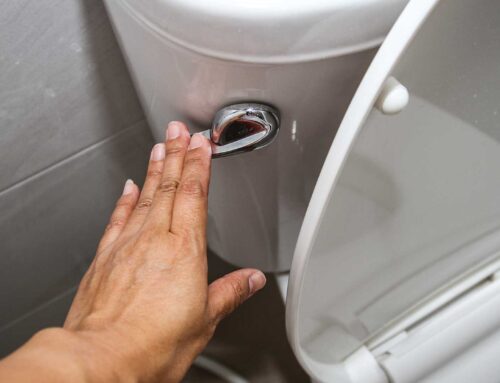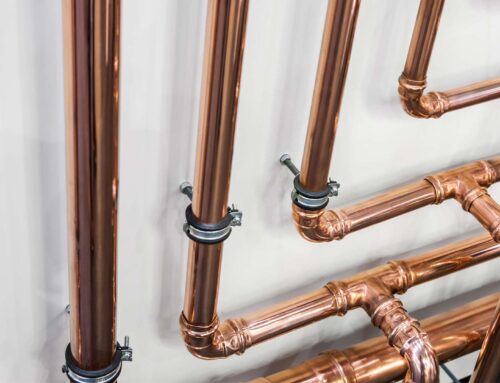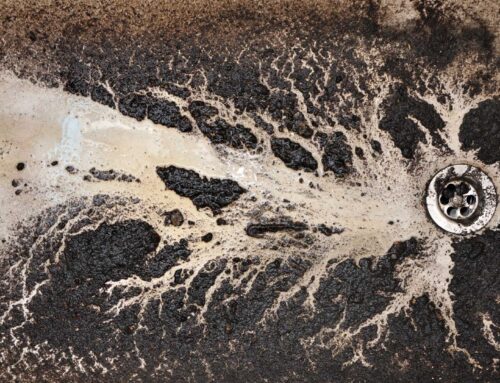If you are a homeowner looking to lower your electric bill and reduce your environmental footprint, it might be time to upgrade to a heat pump water heater. Also known as a heat pump water heater, this innovative technology combines the energy efficiency of a heat pump with the trusty performance of a regular water heater. You’ll get the same hot water heater you’ve always had with significant energy savings to boot.
What is a Heat Pump Water Heater and How Does It Work?
A heat pump water heater, as the name suggests, is a water heating system that combines two different technologies to work more effectively. Traditional water heaters rely on electricity, gas or oil to conduct heat and warm your water. Heat Pump water heaters incorporate heat pump technology for energy efficiency.
The heat pump uses a similar process to your refrigerator, only in reverse. It draws heat from the surrounding air and channels it into the water tank, producing hot water while reducing energy consumption.
What Are the Environmental Benefits of Heat Pump Water Heaters?
Switching to a heat pump water heater helps reduce your home’s carbon footprint by using less energy to heat your water.
A More Energy Efficient Operation
Although you probably don’t think much about your water heater, it makes up 18% of most US households’ energy consumption. According to data from the US Department of Energy, the average household spends between $400-$600 per year on heating water alone.
Since a heat pump water heater is 2-3 times more efficient, the average Tri-Valley family of 4 could expect to see $180 or more in annual savings by switching from a traditional water heater to a heat pump.
Lower Energy Bills
Saving money doesn’t automatically sound like an environmental benefit. However, with a lower energy bill you could invest your cost savings in other forms of reducing greenhouse gas emissions.
Heat pump water heaters do have higher upfront costs. However, many local and state governments offer incentives, such as tax credits or rebates, for upgrading to energy-efficient technology, like heat pump water heaters. These incentives help offset the upfront expenses of heat pump water heater installation.
Heat pump water heaters also last for 10-15 years. With their high energy efficiency, your annual operation cost will be lower than if you had an electric water heater or tankless water heater. You will be able to recoup your initial investment over time while making an environmental impact.
Fewer Carbon Emissions
For environmentally conscious homeowners, heat pump water heaters are a great choice. On average, a heat pump water heater saves at least 2000 pounds of emissions per year. That’s the equivalent to growing 17 trees.
So, although you could start taking cold showers every day to reduce greenhouse gas emissions, you could also keep your warm showers and still help the planet by heating your water in a highly energy efficient way.
A reduced carbon footprint doesn’t have to be complicated. You can create significant environmental benefits by switching away from fossil fuels you already use to a renewable energy source.
Partnering with Barnett Plumbing for Your Heat Pump Water Heater Upgrade
If you live in the Tri-Valley, CA area and the environmental advantages of a heat pump water heater have piqued your interest, call Barnett Plumbing at (925) 294-0171. We will help you weigh the pros and cons of traditional water heaters vs a heat pump water heater (i.e. heat pump) so you can decide which option is right for you.
Here’s my personal promise: When you call or schedule an on-site estimate, there will be no pressure. No obligation. We will not sell you a water heater you don’t need or want.
We will, however, make the transition to a heat pump water heater as seamless as possible, if you decide it’s the right choice for your family.
Investing in a heat pump water heater is more than just a financial decision — it’s a commitment to a more sustainable future. Call (925) 294-0171 to take the step towards a greener, more economical home today.






